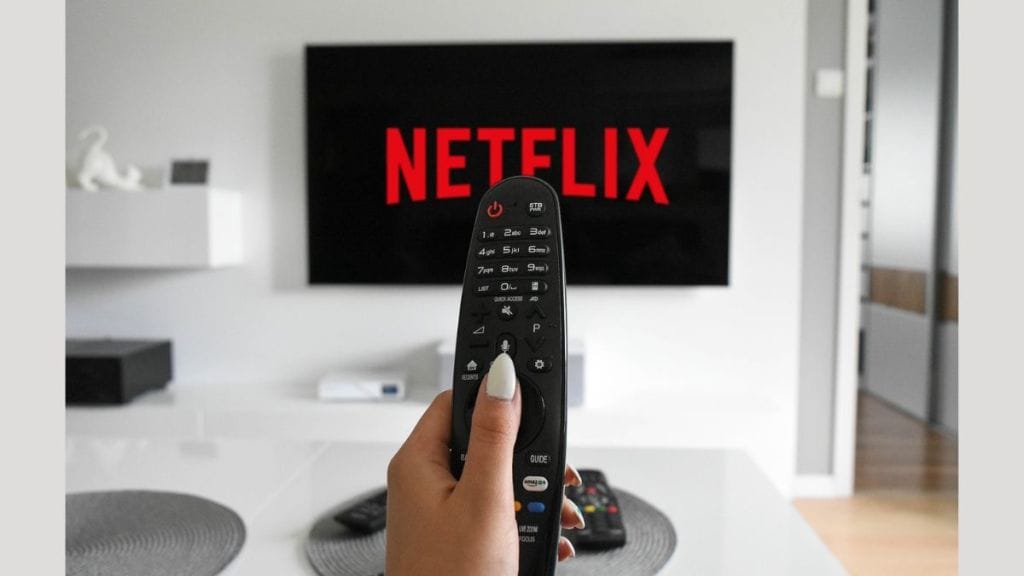‘Sharing is caring’ is what perhaps every child is taught by her parents. Interestingly, this however does not hold true in the case of streaming giant, Netflix. The streaming platform this May, cracked a whip in an effort to stop its users share passwords in the US. In an email to its members, the streaming platform said, “ Your Netflix account is for you and the people you live with — your household.” With this Netflix has allowed its members to transfer a profile of someone outside of their household so that person can begin a membership they would like to pay for, or they can pay an extra fee of $7.99 a month, per person. Cut to India, it is believed that millions of Indians access content across several over-the-top (OTT) platforms by sharing password. In fact, some users have accounts with access to over 50 devices. “Some cable operators also provide passwords for OTT platforms to their customers. It is a huge revenue loss for the OTT industry. India, to begin with, is a very tough market to begin with. Getting people to pay for an S-VOD service is a task in itself adding to that piracy with apps such as Telegram, controlling piracy is a far cry. On the contrary, account sharing is something very well within the control of the platforms. I think they are taking the right steps to curtail and control,” Sanjay Chhabria, founder, Everest Entertainment, said.
As per the latest report from Antenna, since alerting subscribers in the United States that it would begin to curb password sharing from May 23, 2023, Netflix has had the four single largest days of U.S. user acquisition in the four and a half years. According to Antenna, based on the most current data available, Netflix saw nearly 1,00,000 daily sign-ups on both May 26 and May 27. Average daily Sign-ups to Netflix reached 73,000 during that period, a more than 102% increase from the prior 60-day average.“In Q1, we launched paid sharing in four countries and are pleased with the results. We are planning on a broad rollout, including in the U.S., in Q2,” Netflix said. Moreover, Netflix announced a similar move in four more countries including New Zealand, Canada, Portugal and Spain.
Industry experts believe sharing of passwords among users has adversely impacted these platforms thereby resulting in revenue loss, increased costs, content piracy and difficulty in audience measurement. For SVoD (subscription based video-on-demand) platforms which survive on subscription as its main source of earnings, sharing of passwords can lead to the end game, while it will affect platforms which have a mixed business model that is, a combination of SVoD and AVoD (advertising based video-on-demand). Furthermore, account sharing can also impose additional costs on OTT providers with the number of simultaneous streams increasing due to account sharing, platforms have to invest in server capacity and bandwidth to accommodate the higher demand with high infrastructure investments and require ongoing upgrades to support the growing user base. “Once password sharing is ruled out and separate accounts are enforced, some users who were previously benefiting from shared accounts may choose not to subscribe individually. This could result in a decline in subscriber numbers over the long term. Furthermore, users who were accustomed to sharing passwords and accessing content for free or at a reduced cost may perceive the individual subscription fees as too high. Thereby, leading to a decrease in user satisfaction and could impact user retention and acquisition rates,” Ashish Golwalkar, senior media consultant and former head of content, Sony, told BrandWagon Online.
Globally, revenue in the SVoD market is projected to reach $95.35 billion in 2023, as per market research firm Statista. Revenue is expected to grow at an annual growth rate (CAGR 2023-2027) of 9.48%, resulting in a projected market volume of $137 billion by 2027. In global comparison, most revenue will be generated in the United States at $39,250 million in 2023. The average revenue per user (ARPU) in the Video Streaming (SVoD) market is projected to amount to $73.55 in 2023. In the SVoD market, the number of users is expected to amount to 1.64 billion users by 2027. User penetration will be 16.9% in 2023 and is expected to hit 20.6% by 2027.
Industry experts opine that if and as more and more platforms crackdown on passwords being shared, this will further allow it to create new user segments which could be monetised going forward. Moreover, separate accounts would enable better tracking and measurement of user behaviour, content preferences, and demographics providing valuable insights for content curation, targeted advertising, as well as personalised user experiences, thereby enhancing the platform’s overall performance. While experts believe there is a short-term gain to the move, there can be potential long-term considerations the video OTT players might have to look into. “We might see new business models in the future. However, in order to reach revenue growth, OTT platforms will need to tap into the demographic that is not paying, essentially sharing accounts,” Nikhil Dalal, director, RedSeer Consultancy, said.


